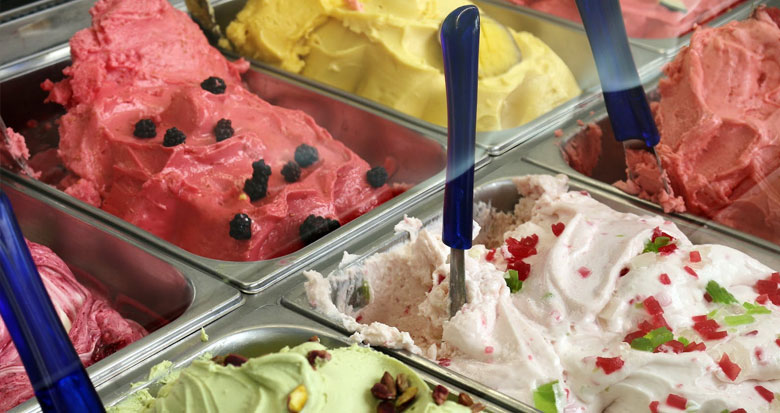Sodium Carboxymethyl Cellulose, often shortened as Sodium CMC or CMC, is a carboxymethylated derivative of cellulose. It is also known as cellulose gum, and is the most important ionic cellulose gum. CMC has many special properties, such as thickening, bonding, film formation, water retention, emulsification, suspension, etc. Besides, it is non-toxic, odorless, not easy to ferment and has good thermal stability, which makes it an important material for food industry.

(1) CMC has good stability.
In cold food such as ice lolly and ice cream, CMC can control the formation of ice crystals, improve the expansion rate and maintain a uniform and consistent organization, which can resist melting, make the taste fine and smooth, and maintain the bright white color. In dairy products, whether flavored milk, fruit milk or yogurt, CMC can react with protein to form a complex structure, which is conducive to the stability of emulsion and the resistance of protein.
(2) CMC can be combined with other stabilizers and emulsifiers.
In food and beverage products, general manufacturers use a variety of stabilizers, such as xanthan gum, guar gum, carrageenan, dextrin etc., and emulsifiers such as monostearate glycerin and sucrose fatty acid ester, for compounding. CMC used in food products with above additives can complement each other’s advantages and play a synergistic role to reduce production costs.
(3) CMC has pesudo-plasticity.
The viscosity of CMC is reversible at different temperatures. As the temperature increases, the solution viscosity decreases, and vice versa. The viscosity also decreases with the increase of shear force. These properties make CMC an irreplaceable material in the process of mixing, homogenization and pipeline transportation. It can reduce the load of equipment and improve the homogenization efficiency.

If you are interested in CMC for food industry, please feel free to reach out to our team. SINOCMC can provide food grade CMC with different viscosity and DS (degree of substitution).
SINOCMC TEAM
